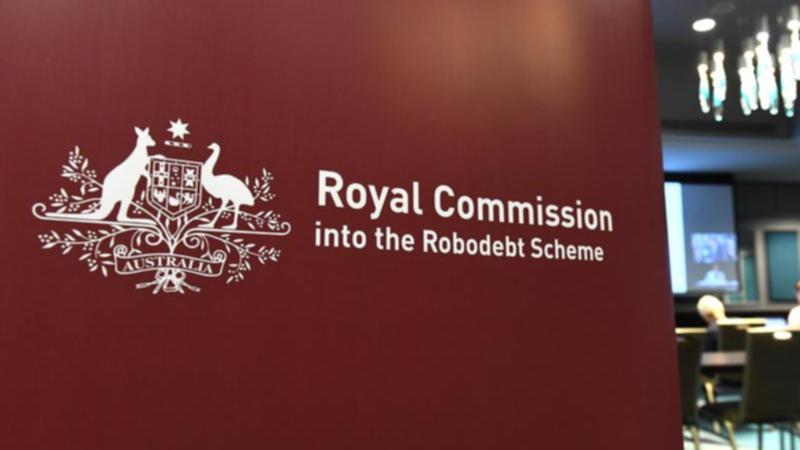Robodebt: Corruption watchdog to reconsider decision not to investigate referrals
The national corruption watchdog will reconsider its decision not to investigate referrals from the Robodebt Royal Commission after findings the NACC commissioner ‘engaged in misconduct’.

The national corruption watchdog will reconsider its decision not to investigate referrals from the Robodebt Royal Commission, after findings the NACC commissioner “engaged in misconduct” when he failed to properly deal with a declared conflict of interest.
The inspector charged with overseeing the National Anti-Corruption Commission launched an investigation into the decision not to pursue the six referrals made by Royal Commissioner Catherine Holmes.
In the inspector’s final report, handed down on Wednesday, it was ultimately determined inaugural NACC Commissioner Paul Brereton held a conflict of interest that should disqualified him from participating in the decision.
Sign up to The Nightly's newsletters.
Get the first look at the digital newspaper, curated daily stories and breaking headlines delivered to your inbox.
By continuing you agree to our Terms and Privacy Policy.Mr Brereton declared he had a “close association” with one of the people referred to the NACC by the Royal Commission, and delegated decision-making to one of his deputies.
But the inspector found Mr Brereton should have removed himself entirely but did not. She further noted that the deputy would have been fully aware of the commissioner’s conflict of interest and his views on the referred person’s actions during Robodebt.
“The NACC Commissioner should have not only designated a delegate, but removed himself from the related decision-making processes and limited his exposure to the relevant factual information. This was not done,” the report notes.
“I found that the NACC Commissioner’s involvement in the decision-making was comprehensive, before, during and after the October 2023 meeting at which the substantive decision was made not to investigate the referrals.
“The NACC Commissioner contributed to the discussion at that meeting, settled the minutes of that meeting, and was involved in formulating the reasons for decision and also the terms of the media statement.”
The inspector’s report contained no suggestion of intentional wrongdoing or bias but concluded Mr Brereton had engaged in misconduct.
An “independent eminent person” will now be brought in to reconsider the NACC’s ultimate decision not to investigate the royal commissioner’s referrals.
In a statement, the NACC said the mistake was due to an error from Mr Brereton of the “extent to which a perceived conflict of interest required him to be isolated from the decision-making process”.
The inspector noted more than 1200 complaints had been made to the inspector relating to the decision not to investigate the Robodebt referrals.
In its initial conclusion, the NACC said it would not investigate the six people because the Royal Commission had “fully explored” their conduct and it was “unlikely it would obtain significant new evidence”.
Attorney-General Mark Dreyfus acknowledged Wednesday’s report, and the decision by the NACC to appoint an outsider to review the Robodebt decision.
Treasurer Jim Chalmers said the Government had established the NACC to be independent and with strong oversight “for a reason”.
“We’re seeing that the oversight is working, and if we have more to say about that, (Mr Dreyfus) will,” he said.
Greens senator David Shoebridge said the “damning” findings created serious questions about the Commissioner’s future.
“Given these findings by the inspector, it is hard to see how the NACC can survive and retain its credibility without immediate and unambiguous accountability,” he said.
Opposition Leader Peter Dutton said the public could have “total trust” in the NACC and Mr Brereton, and accused the Government of using the findings as an attempt to “create a distraction” away from the Qantas perks scandal engulfing Prime Minister Anthony Albanese.
“I think the public has total trust in the Commissioner and the commission, and unless it’s demonstrated otherwise... I think this is a very serious issue and I don’t think (the Government) should undermine the work of the integrity commission, which is a fundamental pillar in our democracy,” he said.

